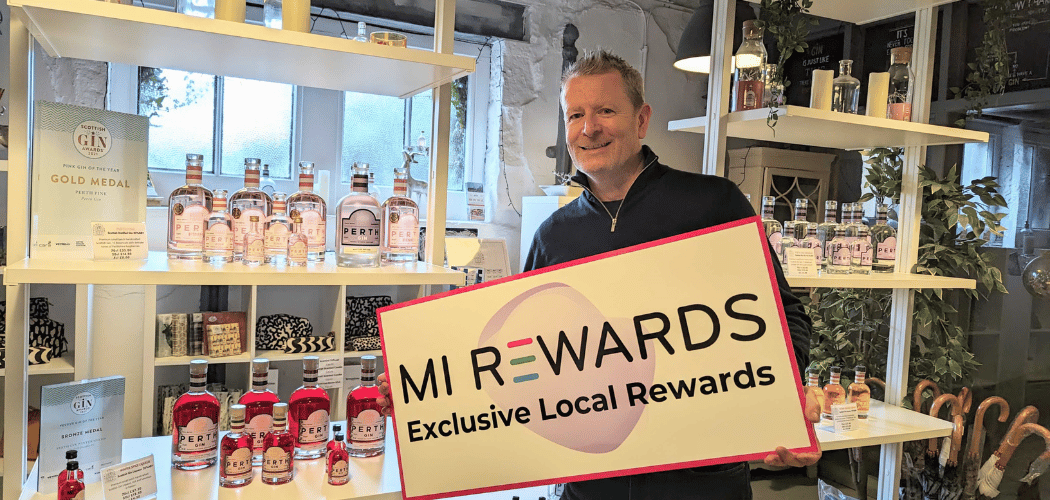Rewards to help the poor help themselves
In South Africa, a self-proclaimed rewards programme for the poor, The Broccoli Project (TBP), uses a scalable technology platform and processes designed to ensure that aid for those who need it most can be deployed optimally in a way that breaks their dependency on hand-outs.
Using a similar model to the many incentive and loyalty programmes targeting the rich, the Broccoli Project rewards the poorest members of society for positive, life-enhancing behaviour. Poor people who take advantage of free health screening programmes, actively seek work, or keep their children in school are rewarded with vouchers for basic necessities.
Initially tested as part of the Desmond Tutu HIV Foundation programme, TBP's rewards-based approach to charitable aid has already seen exceptional results in what is arguably one of the world's harshest physical and social environments.
Those without access to the means to earn or buy the basic goods and services upon which their lives depend, are typically prime targets of well-intentioned hand-outs - but these, TBP argues, simply perpetuate the a poor citizen's dependency on aid packages.
TBP counters this problem by providing a system that registers recipients with an easily managed, fully trackable system which enables the incentivisation of positive social behaviours with relevant rewards. In other words, aid is not handed out but is provided as a reward for a desired action (and eventually a behavioural change) on the part of the recipient.
The programme began life in the form of a simple food voucher and, with support from the initial partners, a pilot programme ran at Cape Town's main station, giving out over 300 loaves of bread in 30 minutes. This led to a partnership with the Desmond Tutu HIV Foundation, and the Men on the Side of the Road programme.
TBP has also (controversially to some) incentivised people to take HIV tests. The idea was that those who are negative for HIV should stay that way, and those who are positive should adopt and follow an approved healthy living programme. But the programme also rewards positive behaviours with rewards that actually matter to participants, rather than toasters they don't need.
What the programme provides is food, shelter, and clothing to begin with, but also education and transport. In fact, the activity/reward combinations are endless, being limited only by the sponsor partners that join the programme.
The TBP rewards process enables recipients to take control over their own personal situation, ascribe real value to their actions - and to themselves - and to ultimately contribute to both family life and society in a small but important way. In this way, TBP can be used to encourage a virtually unlimited range of positive activities, such as:
- Education and life skills development;
- Beneficial health and lifestyle practices;
- Medical treatment, health testing, and compliance (e.g. for AIDS or TB);
- Eco-friendly activity and sustainable resource development;
- Community work.
Using a cloud-based model (based on Amazon Web Services) the programme allows donated resources to be collected, tracked and managed via the internet right through from donation to the final point of distribution.
This level of transparency in the aid supply chain cuts down on, or at the very least sharpens the focus on, the kind of leakage, shrinkage, poor administration and even corruption that is sometimes associated with aid efforts in poor economies. Donors can use this transparency to satisfy themselves that their resources are being optimally deployed, and aid agencies, governments and NGOs can manage their own processes better and provide better returns on donors' investments.
Here's how the rewards programme actually works on a practical level:
- A ruggedised handheld device incorporating a biometric scanner and mobile connectivity is used to register and track participating recipients actions. Data is stored and accessed in real time, being transferred and updated to and from the central TBP management system.
- Recording a positive social action triggers the printing - or distribution to the recipient's mobile phone - of a voucher bar code.
- The recipient can then redeem their bar code voucher at any participating retailer for pre-specified basic goods (e.g. food, clothing, building materials, mobile phone airtime, and so on), all of which are paid for by donated funds.
- Aid agencies can then track, manage and report on the whole process using the TBP management system via a web browser.
Some of the organisations already supporting The Broccoli Project include:
- HP-V SA - the South African arm of Hasso Plattner Ventures;
- Vodafone - an international mobile telecoms service provider;
- Pick'n'Pay - a major supermarket retail chain;
- Old Mutual - an international finance & insurance group;
- The Desmond Tutu Foundation;
- Cord-Aid - a Dutch international aid group;
- The City of Cape Town Department of Social Development.
More Info:




